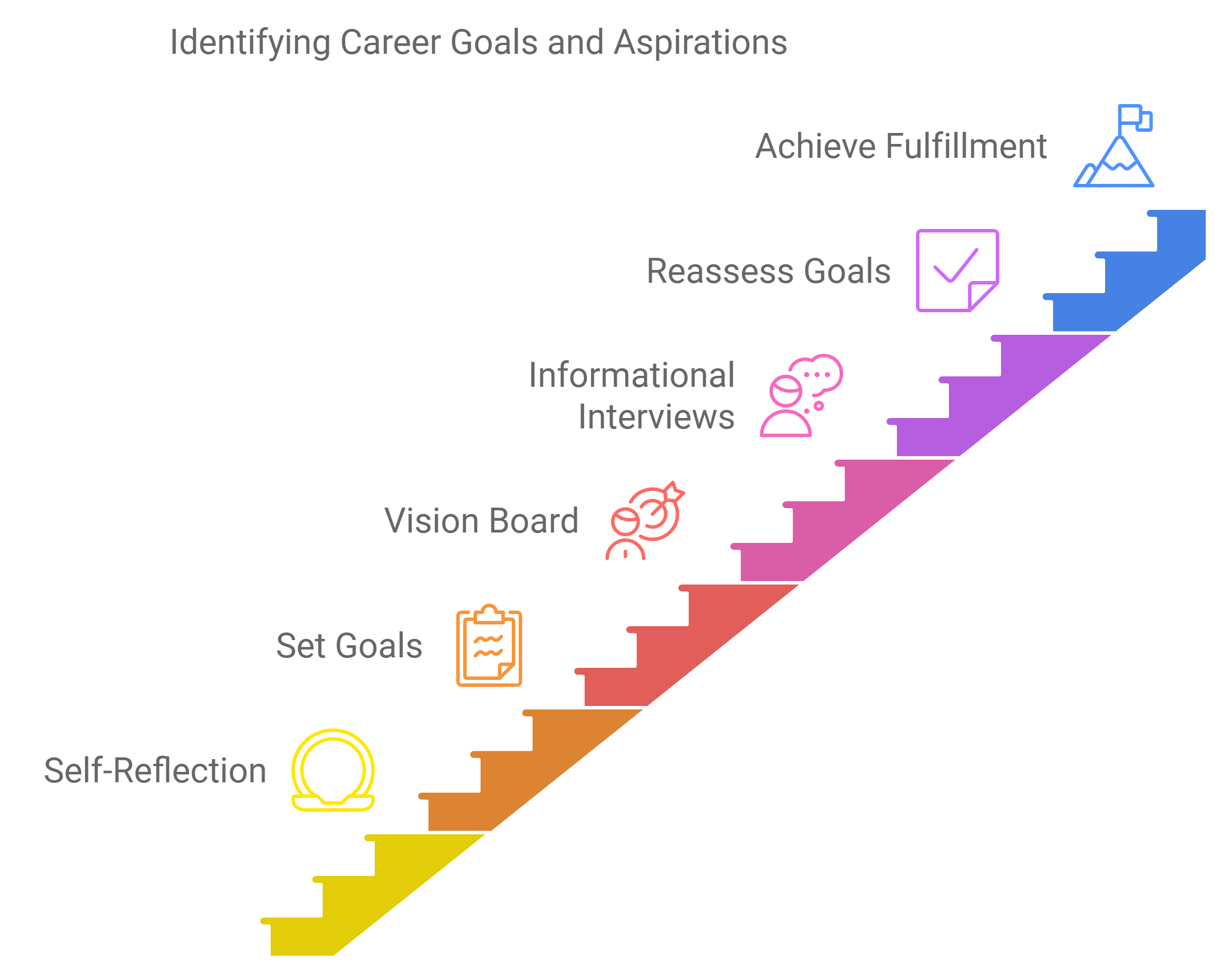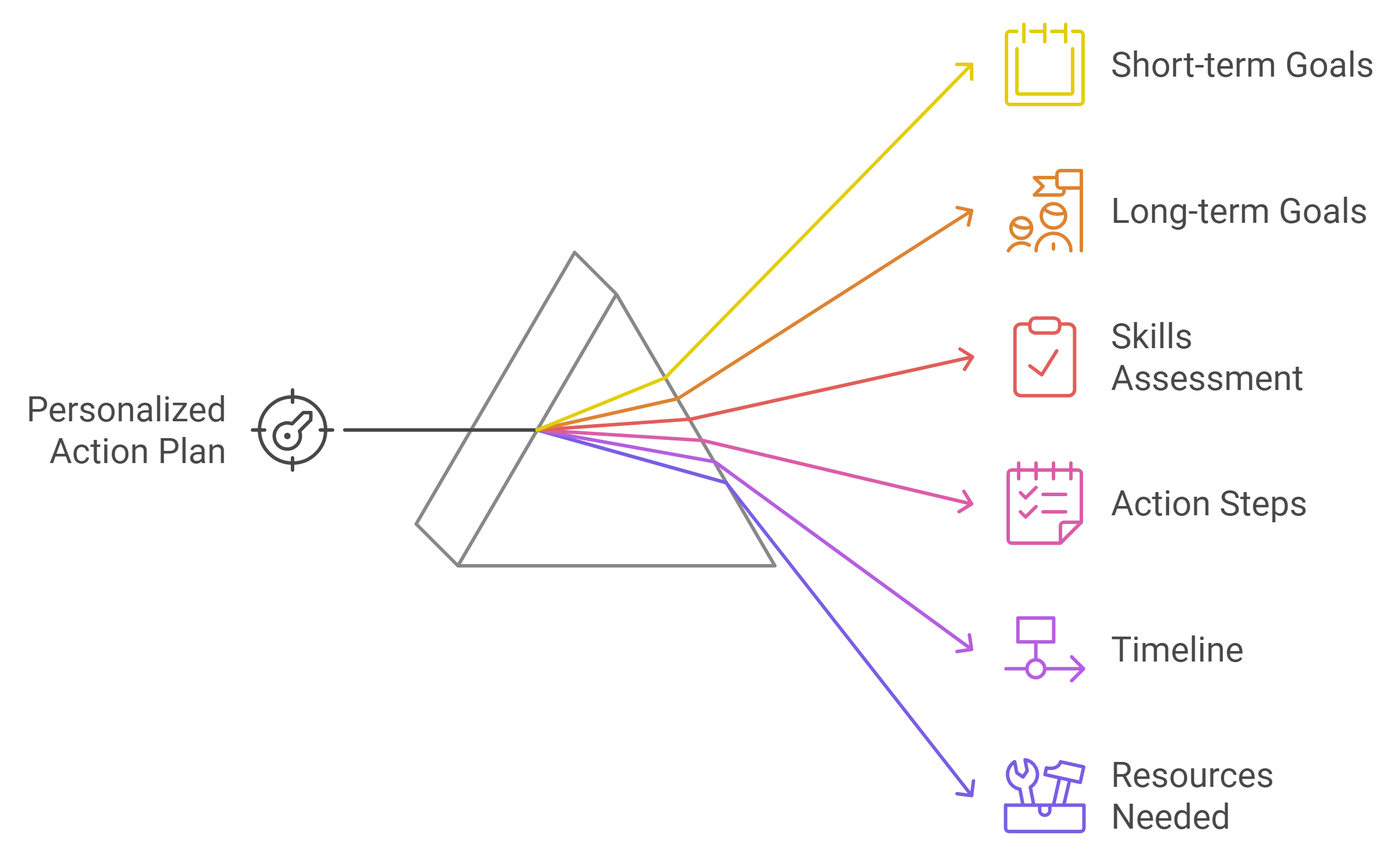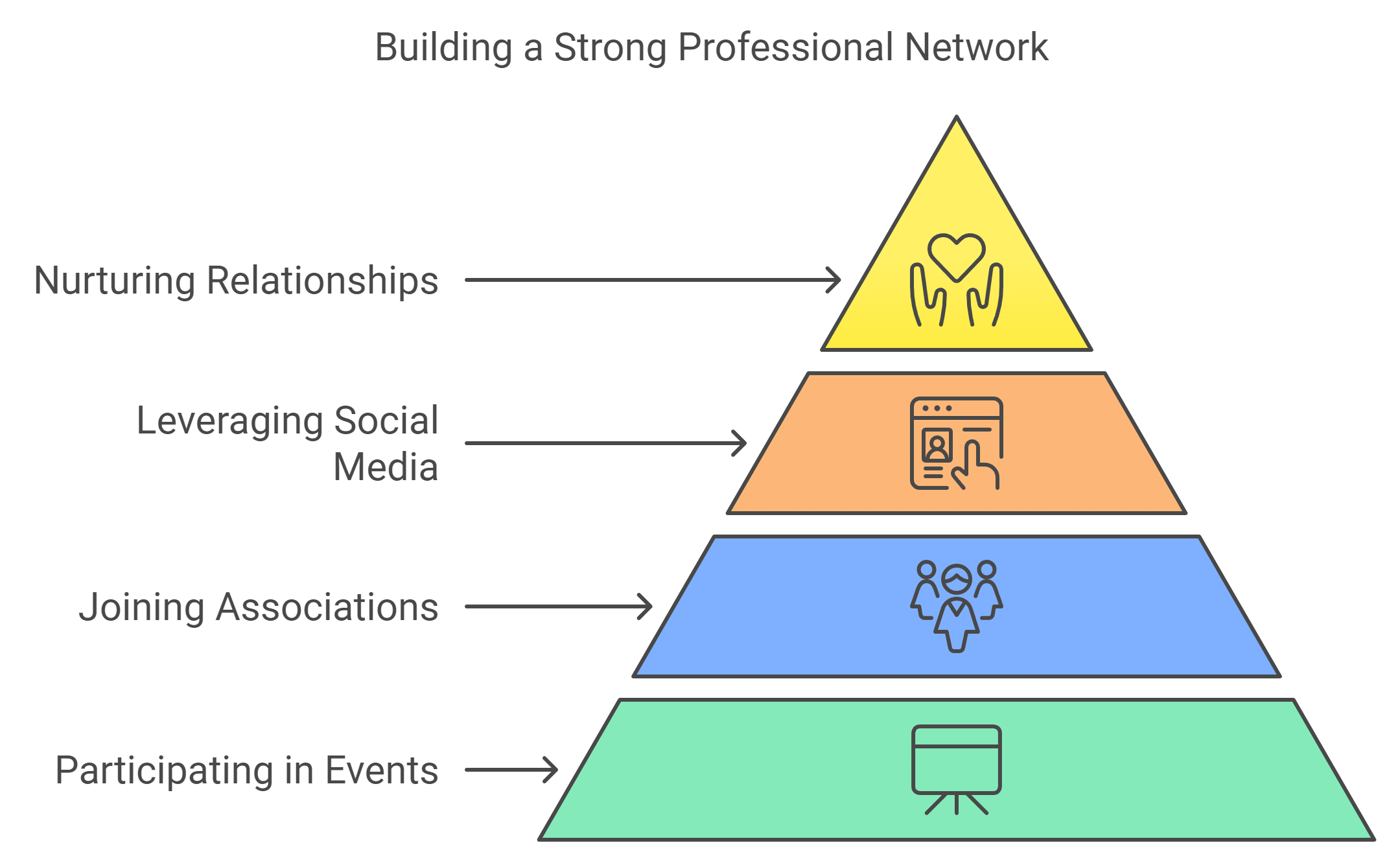In today’s competitive job market, career coaching has become an invaluable resource for professionals seeking to advance their careers and achieve success. This article explores the top career coaching strategies that can help you navigate your professional journey with confidence and purpose. From setting clear goals and developing essential skills to building strong networks and managing career transitions, we’ll delve into the key tactics employed by successful career coaches. Whether you’re just starting out or looking to take your career to the next level, these strategies will provide you with the tools and insights needed to thrive in your chosen field and reach your full potential.
Career coaching is a powerful tool that can transform your professional life and help you achieve your goals. By implementing these strategies, you can gain clarity on your career path, develop the skills needed to excel in your field, and build a strong network of connections to support your growth. Whether you’re facing challenges in your current role, seeking a promotion, or contemplating a career change, these coaching techniques can provide you with the guidance and motivation to overcome obstacles and seize opportunities. With the right approach and mindset, you can unlock your potential and create a fulfilling and successful career that aligns with your passions and values.
Identifying Your Career Goals and Aspirations
Career coaching begins with a crucial step: identifying your career goals and aspirations. This process involves deep self-reflection, assessment of your skills and values, and envisioning your ideal professional future. By clearly defining what you want to achieve in your career, you lay the foundation for a successful and fulfilling professional journey.
To effectively identify your career goals and aspirations, consider the following key aspects:
- Your passions and interests
- Your strengths and weaknesses
- Your core values and beliefs
- Your long-term vision for your professional life
- The impact you want to make in your chosen field
One powerful technique in career coaching is to create a vision board or a detailed written description of your ideal career. This exercise helps you visualize your goals and makes them more tangible. Additionally, conducting informational interviews with professionals in fields that interest you can provide valuable insights and help refine your aspirations.
Remember, your career goals and aspirations may evolve over time, and that’s perfectly normal. The key is to remain open to new possibilities while staying true to your core values and passions.
As you work on identifying your career goals and aspirations, it’s essential to consider both short-term and long-term objectives. This approach allows you to create a roadmap for your professional development and ensures that your daily actions align with your overarching career vision. A skilled career coach can guide you through this process, helping you uncover hidden talents and opportunities that you may not have considered on your own.
| Short-term Goals | Long-term Aspirations |
|---|---|
| Acquire specific skills or certifications | Reach a leadership position in your field |
| Expand your professional network | Start your own business or consultancy |
| Secure a promotion or job change | Become a recognized expert in your industry |
By investing time and effort in identifying your career goals and aspirations, you set the stage for a more focused and purposeful professional journey. This clarity will guide your decision-making process, help you prioritize opportunities, and ultimately lead to greater job satisfaction and success. Remember that career coaching is an ongoing process, and regularly reassessing and refining your goals is key to staying on track and adapting to changes in both your personal circumstances and the professional landscape.

Developing a Personalized Action Plan
In the realm of career coaching, developing a personalized action plan is a crucial step towards achieving professional success. This tailored roadmap serves as a guide, helping individuals navigate their career journey with clarity and purpose. A well-crafted action plan not only outlines specific goals but also breaks them down into manageable steps, ensuring steady progress and motivation along the way.
When creating a personalized action plan, it’s essential to consider various aspects of your career development. Here are some key elements to include:
- Short-term and long-term goals: Clearly define what you want to achieve in the next few months and years
- Skills assessment: Identify your current strengths and areas for improvement
- Action steps: Break down your goals into specific, actionable tasks
- Timeline: Set realistic deadlines for each action step and milestone
- Resources needed: Determine what tools, training, or support you’ll require
- Accountability measures: Establish ways to track your progress and stay motivated
One of the most valuable aspects of career coaching is the guidance provided in creating and implementing a personalized action plan. A skilled coach can help you identify blind spots, challenge limiting beliefs, and provide objective feedback throughout the process. They can also assist in refining your goals and ensuring they align with your values and long-term vision.

Enhancing Your Professional Skills and Competencies
In the ever-evolving landscape of professional development, enhancing your skills and competencies is crucial for staying competitive and advancing your career. Career coaching plays a pivotal role in identifying areas for improvement and developing strategies to strengthen your professional toolkit. By focusing on continuous learning and growth, you can position yourself as a valuable asset in your industry and open doors to new opportunities.
One of the most effective ways to enhance your professional skills is through targeted training and education. This can include formal courses, workshops, certifications, or even self-directed learning through online platforms. A skilled career coach can help you identify which skills are most relevant to your career goals and guide you towards the most appropriate learning resources. Consider creating a personal development plan that outlines your skill-building objectives:
- Technical skills specific to your industry
- Soft skills such as communication and leadership
- Digital literacy and technological proficiency
- Project management and organizational abilities
Another critical aspect of enhancing your professional competencies is gaining practical experience. Career coaching can assist you in identifying opportunities to apply your newly acquired skills in real-world scenarios. This might involve taking on new responsibilities at work, volunteering for challenging projects, or even seeking internships or part-time roles in areas where you want to grow. As the saying goes:
Building a Strong Professional Network
In today’s competitive job market, building a strong professional network is an essential component of career coaching and personal growth. A robust network can open doors to new opportunities, provide valuable insights, and offer support throughout your career journey. By cultivating meaningful connections with colleagues, industry peers, and mentors, you can significantly enhance your professional prospects and stay ahead in your field.
One of the most effective strategies for expanding your network is to actively participate in industry events, conferences, and workshops. These gatherings provide excellent opportunities to meet like-minded professionals, exchange ideas, and stay up-to-date with the latest trends in your field. Additionally, joining professional associations and online communities related to your industry can help you connect with experts and potential collaborators from around the world.
Leveraging social media platforms, particularly LinkedIn, is another crucial aspect of career coaching when it comes to networking. By maintaining an engaging and up-to-date online presence, you can showcase your expertise, share valuable content, and connect with professionals in your industry. Remember to:
- Regularly update your profile with your latest accomplishments and skills
- Engage with others’ posts by commenting and sharing insightful thoughts
- Publish articles or blog posts to demonstrate your knowledge and expertise
- Join relevant LinkedIn groups and participate in discussions

Another essential aspect of building a strong professional network is the art of nurturing relationships. It’s not just about collecting business cards or LinkedIn connections; it’s about fostering genuine, mutually beneficial relationships. Consider implementing the following strategies:
| Strategy | Description |
|---|---|
| Follow-up | After meeting someone new, send a personalized follow-up message to reinforce the connection |
| Offer value | Look for ways to help others in your network, such as sharing job opportunities or introducing them to valuable contacts |
| Schedule regular check-ins | Set reminders to touch base with key contacts in your network periodically |
| Seek mentorship | Identify potential mentors in your field and reach out to them for guidance and support |
As part of your career coaching journey, it’s crucial to remember that networking is a two-way street. While it’s important to seek opportunities and support from your network, it’s equally vital to offer assistance and value to others. By adopting a giving mindset, you’ll naturally strengthen your relationships and build a reputation as a reliable and supportive professional. As the saying goes:
Navigating Career Transitions and Challenges
In today’s dynamic job market, career coaching plays a crucial role in helping professionals navigate the complex landscape of career transitions and challenges. Whether you’re considering a complete career change, facing unexpected layoffs, or seeking advancement within your current field, a skilled career coach can provide invaluable guidance and support. These experts offer personalized strategies to help you overcome obstacles, identify new opportunities, and develop the resilience needed to thrive in an ever-evolving professional environment.
One of the primary benefits of career coaching during transitions is the ability to gain clarity and perspective on your professional journey. A coach can help you assess your current situation, identify transferable skills, and explore potential career paths that align with your values and aspirations. This process often involves in-depth self-reflection and assessment tools to uncover hidden talents and interests that may have been overlooked. By gaining a deeper understanding of your strengths and motivations, you’ll be better equipped to make informed decisions about your career trajectory and navigate the challenges that come with change.
Another critical aspect of career coaching during transitions is developing effective coping strategies for dealing with uncertainty and stress. Career changes can be emotionally taxing, and a coach can provide valuable support and techniques for managing anxiety, building confidence, and maintaining a positive outlook. Some common strategies include:
- Mindfulness and stress-reduction techniques
- Goal-setting and action planning
- Building resilience and adaptability
- Enhancing communication and networking skills
Furthermore, a career coach can assist in developing a strategic plan for overcoming specific challenges associated with career transitions. This may include crafting a compelling personal brand, updating your resume and online presence, and preparing for interviews in a new industry. Coaches can also provide valuable insights into market trends and industry-specific requirements, helping you bridge any skill gaps and position yourself competitively in your desired field. As the job search landscape continues to evolve, having a knowledgeable guide can make all the difference in successfully navigating career transitions and challenges.
Frequently Asked Questions
What are some key benefits of career coaching?
Career coaching can provide personalized guidance, improve clarity about career goals, enhance job search strategies, and boost confidence in interviews and networking.
How can one identify their career goals with the help of a coach?
A career coach can facilitate self-reflection exercises, assess skills and interests, and help clients explore different career options to define clear and achievable goals.
What role does networking play in career coaching?
Networking is vital in career coaching as it helps clients build valuable connections, discover job opportunities, and gain insights into various industries.
What strategies do career coaches recommend for job searching?
Career coaches often suggest creating a targeted resume and cover letter, utilizing online job boards and professional networks, and participating in informational interviews.
How can career coaching support individuals during a career transition?
Career coaching provides support by helping individuals assess their transferable skills, explore new industry options, and develop a strategic plan for making a smooth transition.
What is the importance of setting measurable goals in career coaching?
Setting measurable goals enables clients to track their progress, stay motivated, and adjust their strategies as needed, facilitating a more targeted approach to reaching their career objectives.
How can someone find the right career coach for their needs?
To find the right career coach, individuals should consider their specific goals, research potential coaches’ qualifications and methodologies, and ensure a good personal fit through initial consultations.














